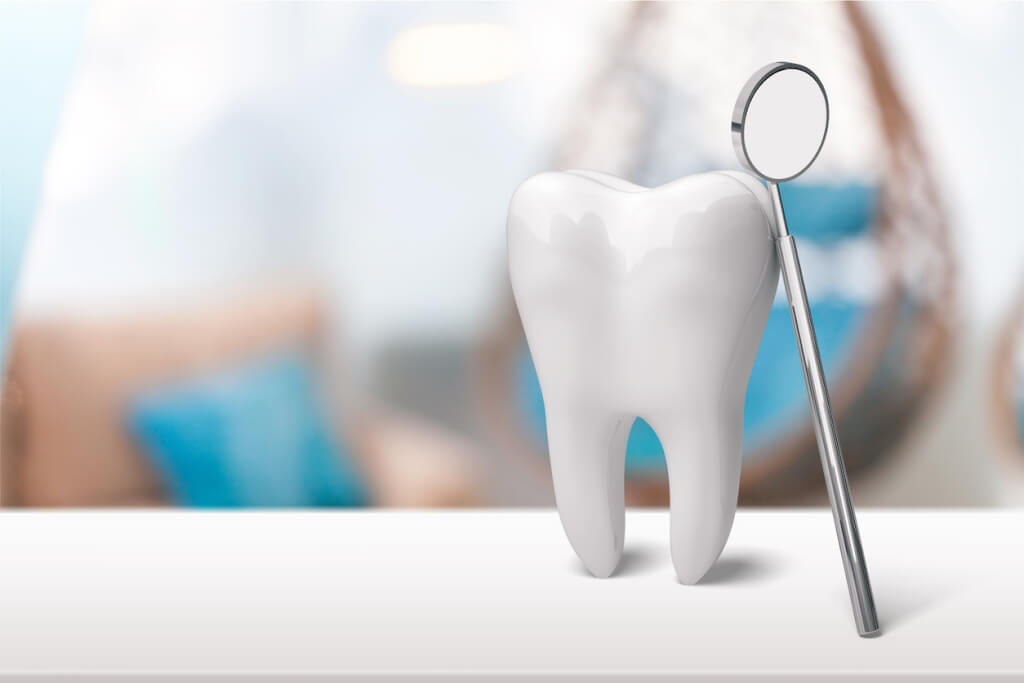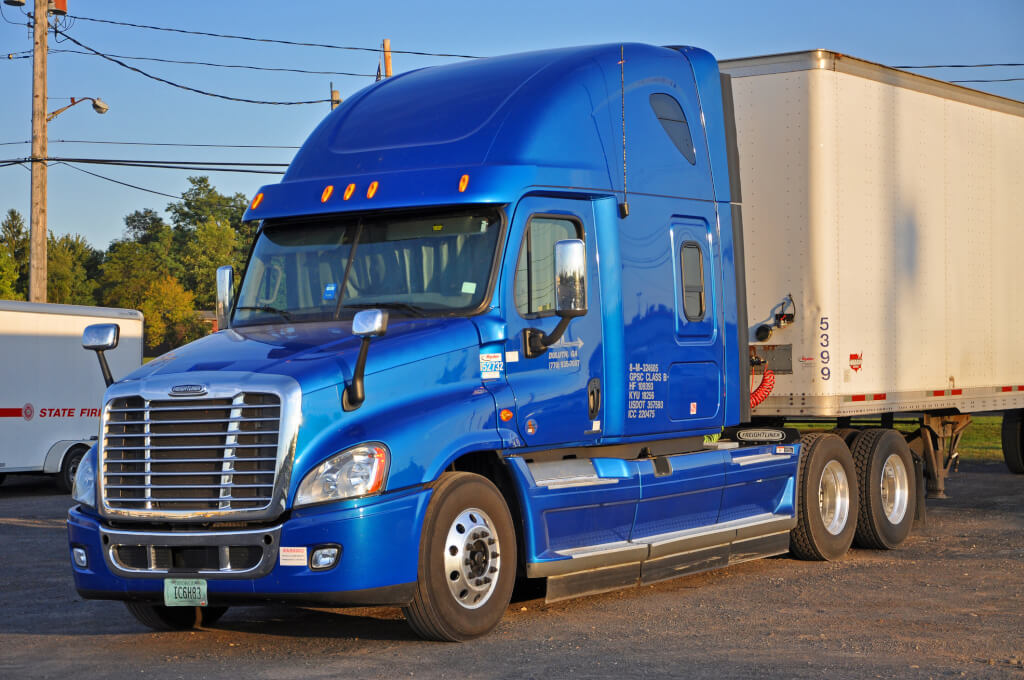Which Entry Door Material is Best?

Choosing the right entry door is more than just about aesthetics; it’s about security, durability, and energy efficiency. The entry doors you select set the tone for your entire home and are the first line of defense against the elements and unwanted guests. With so many materials available, each boasting its own advantages and drawbacks, the decision can be overwhelming. To make the best choice for your home, it’s essential to understand the characteristics of the most popular door materials on the market today.

Credit: freepik
Steel Entry Doors
Steel doors are renowned for their strength and security, making them a top choice for many homeowners. When considering steel, one must look at its ability to withstand both physical force and harsh weather conditions.
Benefits of Steel Entry Doors
- Security: Steel doors are incredibly difficult to break through, making them an excellent option for those prioritizing safety. The solid construction is often reinforced with additional security features like deadbolts and heavy-duty hinges.
- Durability: Unlike wood, steel does not warp or rot. It’s resistant to cracks and dents, maintaining its appearance and functionality for many years.
- Energy Efficiency: Many steel doors are filled with high-density foam insulation, which enhances their ability to retain heat during winter and keep cool air in during summer. This can lead to significant savings on energy bills.
- Low Maintenance: Steel doors require minimal upkeep. They don’t need to be painted as often as wood, and they can be easily cleaned with household cleaners.
Considerations for Steel Doors
- Susceptibility to Dents: While strong, steel can dent under heavy impact. However, these dents are generally easy to fix and don’t compromise the door’s integrity.
- Rust Potential: In very humid or coastal environments, steel doors can rust if not properly protected with a quality finish.
Steel doors, such as those available at Door Design Lab, are an excellent investment for homeowners seeking long-term durability, security, and energy efficiency.
Wood Entry Doors
Wood doors are a classic choice, known for their timeless beauty and versatility. They are often favored for their natural warmth and the traditional aesthetic they bring to a home.
Benefits of Wood Entry Doors
- Aesthetic Appeal: No other material matches the rich, luxurious appearance of natural wood. Wood doors can be custom-carved, stained, and finished in countless ways to fit any style of home.
- Customization: Wood doors offer endless possibilities for customization. You can choose from a variety of wood species, each with its unique grain and color, and tailor the design to your exact preferences.
- Repairability: Unlike other materials, wood can be easily repaired. Minor scratches and dings can be sanded out, and the door can be refinished to look brand new.
Considerations for Wood Doors
- Maintenance Requirements: Wood doors require more upkeep than steel or fiberglass. They need regular refinishing to protect against moisture, UV rays, and temperature fluctuations.
- Susceptibility to Weather: Wood can expand and contract with changes in humidity and temperature, leading to potential warping, cracking, or swelling over time.
- Higher Cost: High-quality wood doors can be more expensive than steel or fiberglass, both in terms of the initial purchase price and ongoing maintenance costs.
For those willing to invest the time and resources, wood doors offer unmatched beauty and a level of craftsmanship that can significantly enhance a home’s curb appeal.

Fiberglass Entry Doors
Fiberglass doors are a relatively newer option, combining the best features of wood and steel without the drawbacks of either. They are quickly becoming a popular choice for homeowners looking for a versatile, low-maintenance option.
Benefits of Fiberglass Entry Doors
- Versatility in Design: Fiberglass doors can mimic the look of wood so convincingly that it’s often difficult to tell the difference. They come in a wide range of styles, colors, and finishes, making them suitable for any home design.
- Durability: Fiberglass is resistant to dents, scratches, and rust. It’s also impervious to warping, cracking, and swelling, making it an excellent choice for extreme climates.
- Low Maintenance: Fiberglass doors require very little maintenance. They don’t need to be refinished like wood, and they are more resistant to weather-related wear and tear.
- Energy Efficiency: Like steel, fiberglass doors often come with an insulated core that significantly boosts their energy efficiency. This can be a major selling point for eco-conscious homeowners.
Considerations for Fiberglass Doors
- Higher Initial Cost: While fiberglass doors can be more expensive upfront than steel, they often save money in the long run due to their low maintenance and durability.
- Less Authenticity in Appearance: Although fiberglass can mimic wood, purists might still notice the difference, particularly in texture.
Fiberglass doors strike a balance between beauty, durability, and energy efficiency, making them a strong contender for homeowners who want the best of both worlds.
Aluminum Entry Doors
Aluminum doors are less common but are gaining traction for their sleek, modern look and impressive durability. They are often used in commercial settings but are becoming more popular in residential applications.
Benefits of Aluminum Entry Doors
- Lightweight and Strong: Aluminum is lightweight yet incredibly strong, making it a good option for large doors or unique design applications.
- Resistant to Corrosion: Aluminum does not rust, making it an ideal choice for coastal regions or areas with high humidity.
- Minimal Maintenance: These doors require very little maintenance, just occasional cleaning to keep them looking their best.
Considerations for Aluminum Doors
- Less Insulative: Aluminum is not as energy-efficient as steel or fiberglass, although some doors come with thermal breaks to improve insulation.
- Higher Cost: High-quality aluminum doors can be expensive, and they may not offer the same level of customization as wood or fiberglass.
For homeowners looking for a modern, durable option, aluminum doors are worth considering, especially in environments where rust and moisture are concerns.
Glass Entry Doors
Glass entry doors are often used as part of a larger design that includes other materials like wood or metal. They offer a unique aesthetic and can dramatically increase the natural light entering a home.
Benefits of Glass Entry Doors
- Natural Light: Glass doors allow for an abundance of natural light, creating a bright and inviting entryway.
- Modern Aesthetic: Glass doors can make a home feel more open and modern. They are often used in contemporary designs to create a seamless indoor-outdoor connection.
- Customization: Glass can be frosted, tinted, or etched with designs to enhance privacy while still letting in light.
Considerations for Glass Doors
- Privacy Concerns: Glass doors may compromise privacy unless treated with frosted or tinted finishes.
- Security: Although modern glass doors are made with tempered or laminated glass to resist breaking, they are generally less secure than solid doors.
- Maintenance: Glass shows dirt, smudges, and fingerprints more easily than other materials, requiring regular cleaning.
Glass doors are ideal for homeowners who value natural light and a modern aesthetic but should be chosen with privacy and security in mind.
Conclusion: Choosing the Best Material
When selecting the best entry door material, there is no one-size-fits-all answer. The ideal choice depends on your priorities, whether that’s security, aesthetics, energy efficiency, or maintenance.
- For Security and Durability: Steel doors are hard to beat, offering the best protection and longevity.
- For Timeless Beauty and Customization: Wood doors provide unmatched elegance and the ability to customize.
- For Versatility and Low Maintenance: Fiberglass doors combine the best of both worlds, offering durability with a wood-like appearance.
- For Modern Appeal and Corrosion Resistance: Aluminum doors are a sleek and durable option, especially in humid or coastal areas.
- For Natural Light and a Contemporary Look: Glass doors bring light and openness but require consideration of privacy and security.
Consider your specific needs and environment to make the best decision for your home’s entryway. Whether you prioritize strength, style, or energy savings, there’s a door material out there that perfectly suits your needs.

Читайте также на ForumDaily:
Finding a Home in Your New Community
Leuphasyl Peptides: New Frontiers in Peptide Science
The Mobile Mechanic’s Secret: Storage Units as Pop-Up Garages
Подписывайтесь на ForumDaily в Google NewsХотите больше важных и интересных новостей о жизни в США и иммиграции в Америку? — Поддержите нас донатом! А еще подписывайтесь на нашу страницу в Facebook. Выбирайте опцию «Приоритет в показе» — и читайте нас первыми. Кроме того, не забудьте оформить подписку на наш канал в Telegram и в Instagram— там много интересного. И присоединяйтесь к тысячам читателей ForumDaily New York — там вас ждет масса интересной и позитивной информации о жизни в мегаполисе.
















